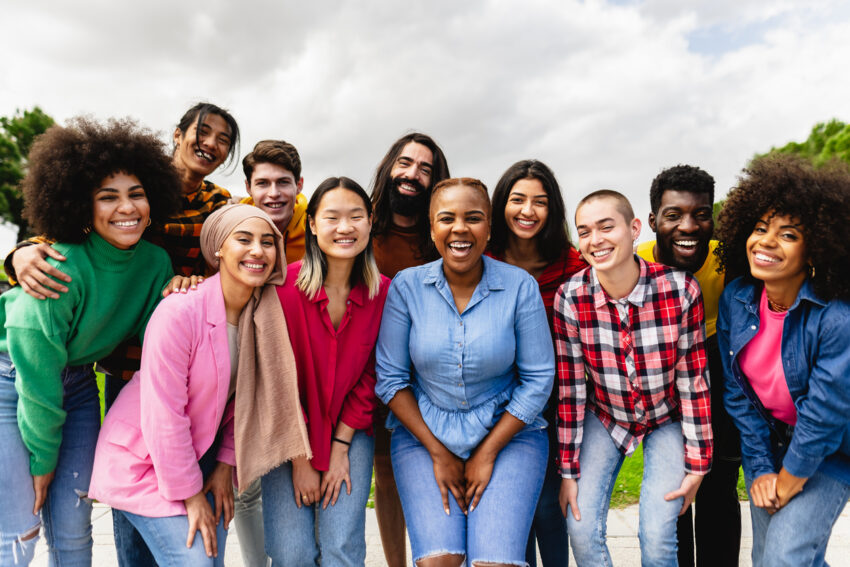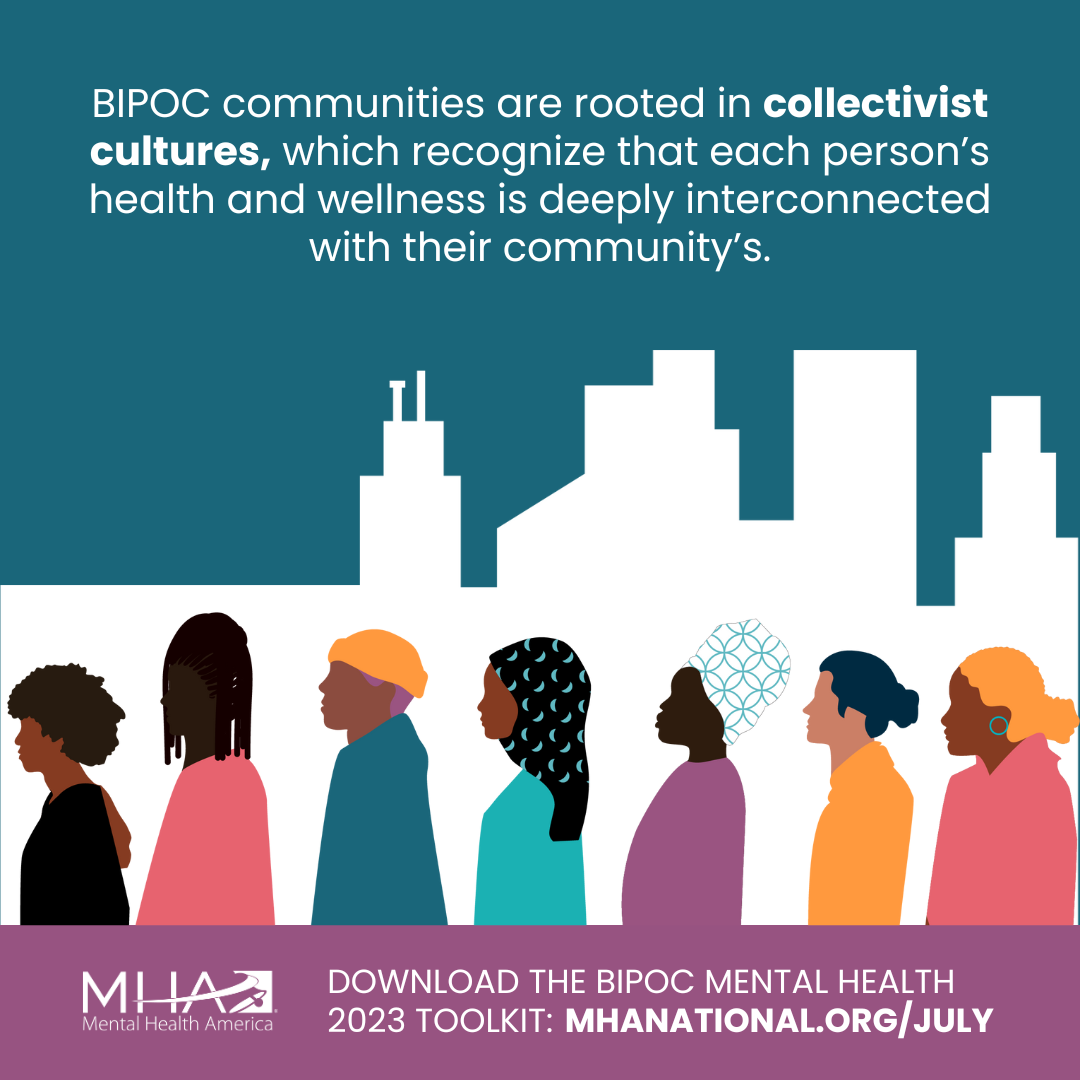
Share On Social!
July is BIPOC Mental Health Month or Bebe Moore Campbell National Minority Mental Health Awareness Month to highlight mental health and wellness of Black, Indigenous, and People of Color (BIPOC), including Latinos.
Several barriers, factors, and experiences contribute to the mental and overall health of BIPOC communities.
With this in mind, let’s explore ways to advocate for change and help others!
“When we reach out for help, we not only begin to heal ourselves, but we heal our communities,” according to Mental Health America.
Why is Mental Health Important?
Each BIPOC population in the United States is diverse in their own way.
For instance, the US Latino population includes origins and heritages from Mexico, Puerto Rico, Cuba, South, and Central America.
People even often use different terms – Hispanic, Latino, Latinx – to describe the ethnicity of those who trace their heritage from Latin America and Spain.
While diverse, the Latino population continues to grow (currently 19.1% of the U.S. population), sharing cultural connections like language, religion, and cultural bonds.
However, many experience mental health issues.
Around 17.7% of Latinos suffer from depression during their lifetimes. Yet only 7.2% of Latinos are diagnosed with depression compared to white Americans.
Mental health contributes to overall health.
Therefore, it’s crucial that those Latinos and everyone suffering from mental health problems have access to the help and resources that they need.
Barriers to Getting Help for Mental Health Issues
Latinos and other BIPOC communities also share barriers when it comes to mental health.
For many cultures, stigma plays a big role in getting treatment.

“This can continue the cycle of stigma about mental health within the community, as talking about it can be viewed as taboo,” according to the National Alliance of Mental Illness (NAMI).
Latinos also face challenges like language barriers, lack of insurance, and immigration status, which can further contribute to anxiety, depression, and stress.
The COVID-19 pandemic also added a new challenge.
“The COVID-19 pandemic had a disproportionate mental health impact on Latine individuals, who reported higher rates of depression and worry about not having stable housing or enough food,” The Depression and Bipolar Support Alliance (DBSA) reports.
With these challenges in mind, it’s important to consider the many tools and resources available to those who need to promote the importance of mental health.
Helpful Tools and Resources for Mental Health
Mental Health America offers a Mental Health Month Toolkit with a theme of “Culture, Community, & Connection.”
Download the toolkit to receive media materials, fact sheets, and other educational resources to help spread the word about the importance of mental health awareness for BIPOC.
DBSA also has educational resources that focus on specific BIPOC communities including
- LGBTQ+ Communities
- Latine Communities
- Indigenous and Native Communities
- Arab Americans and
- Multiracial Identities
If you or someone you know needs help, reach out to the National Suicide Prevention hotline at 1-800-273-8255 for English and 1-888-628-9454 in Spanish.
The Health of Your Community
While the Latino community faces many barriers and challenges when dealing with mental health, you can contribute to making a difference.
You can also advocate for your community with a Salud America Health Equity Report Card.
The report card has local maps and data visualizations to help you assess the state of healthcare, housing, education, health disparities, and more in your community.
You can have a voice and advocate for people who experience barriers to mental healthcare by sharing the Health Equity Report Card with local leaders.
By The Numbers
142
Percent
Expected rise in Latino cancer cases in coming years



